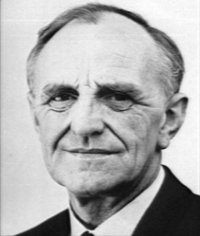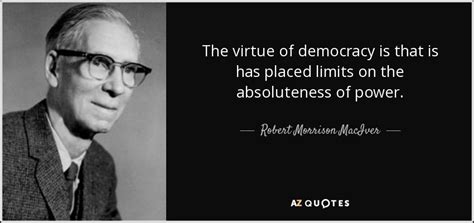A Quote by Gautama Buddha
People cleave to their worldly possessions and selfish passions so blindly as to sacrifice their own lives for them. They are like a child who tries to eat a little, honey smeared on the edge of a knife. The amount is by no means sufficient to appease his appetite, but he runs the risk of wounding his tongue.
Related Quotes
What is a normal child like? Does he just eat and grow and smile sweetly? No, that is not what he is like. The normal child, if he has confidence in mother and father, pulls out all the stops. In the course of time, he tries out his power to disrupt, to destroy, to frighten, to wear down, to waste, to wangle, and to appropriate . . . At the start he absolutely needs to live in a circle of love and strength (with consequent tolerance) if he is not to be too fearful of his own thoughts and of his imaginings to make progress in his emotional development.
The first step to be taken by one who wishes to follow Christ is, according to Our Lord’s own words, that of renouncing himself - that is, his own senses, his own passions, his own will, his own judgement, and all the movements of nature, making to God a sacrifice of all these things, and of all their acts, which are surely sacrifices very acceptable to the Lord. And we must never grow weary of this; for if anyone having, so to speak, one foot already in Heaven, should abandon this exercise, when the time should come for him to put the other there, he would run much risk of being lost.
A man who gives way to his passions is like a man who is shot by an enemy, catches the arrow in his hands, and then plunges it into his own heart. A man who is resisting his passions is like a man who is shot by an enemy, and although the arrow hits him, it does not seriously wound him because he is wearing a breastplate. But the man who is uprooting his passions is like a man who is shot by an enemy, but who strikes the arrow and shatters it or turns it back into his enemies heart.
With better vision, we sacrifice for students for whom that sacrifice will most likely pay off. I'm sorry to say this, but there are times when even superhuman effort will not save a child from his environment or himself. It's not the job of the teacher to save a child's soul; it is the teachers' job to provide an opportunity for the child to save his own soul.
The Jehovah of the Jews is a suspicious tyrant, who breathes nothing but blood, murder, and carnage, and who demands that they should nourish him with the vapours of animals. The Jupiter of the Pagans is a lascivious monster. The Moloch of the Phoenicians is a cannibal. The pure mind of the Christians resolved, in order to appease his fury, to crucify his own son. The savage god of the Mexicans cannot be satisfied without thousands of mortals which are immolated to his sanguinary appetite.
A child in his earliest years, when he is only two or a little more, is capable of tremendous achievements simply through his unconscious power of absorption, though he is himself still immobile. After the age of three he is able to acquire a great number of concepts through his own efforts in exploring his surroundings. In this period he lays hold of things through his own activity and assimilates them into his mind.
There were times when it appeared to Dorian Gray that the whole of history was merely the record of his own life, not as he had lived it in act and circumstand, but as his imagination had created it for him, as it had been in his brain and in his passions. He felt that he had known them all, those strange terrible figures that had passed across the stage of the world and made sin so marvellous, and evil so full of subtlety. It seemed to him that in some mysterious way their lives had been his own.
The key is realizing - and believing - that this world is not your home. If you and I ever hope to free our lives from worldly desires, worldly thinking, worldly pleasures, worldly dreams, worldly ideals, worldly values, worldly ambitions, and worldly acclaim, then we must focus our lives on another world.
The grief of a child is always terrible. It is bottomless, without hope. A child has no past and no future. It just lives in the present moment - wholeheartedly. If the present moment spells disaster, the child suffers it with his whole heart, his whole soul, his whole strength, his whole little being.
































